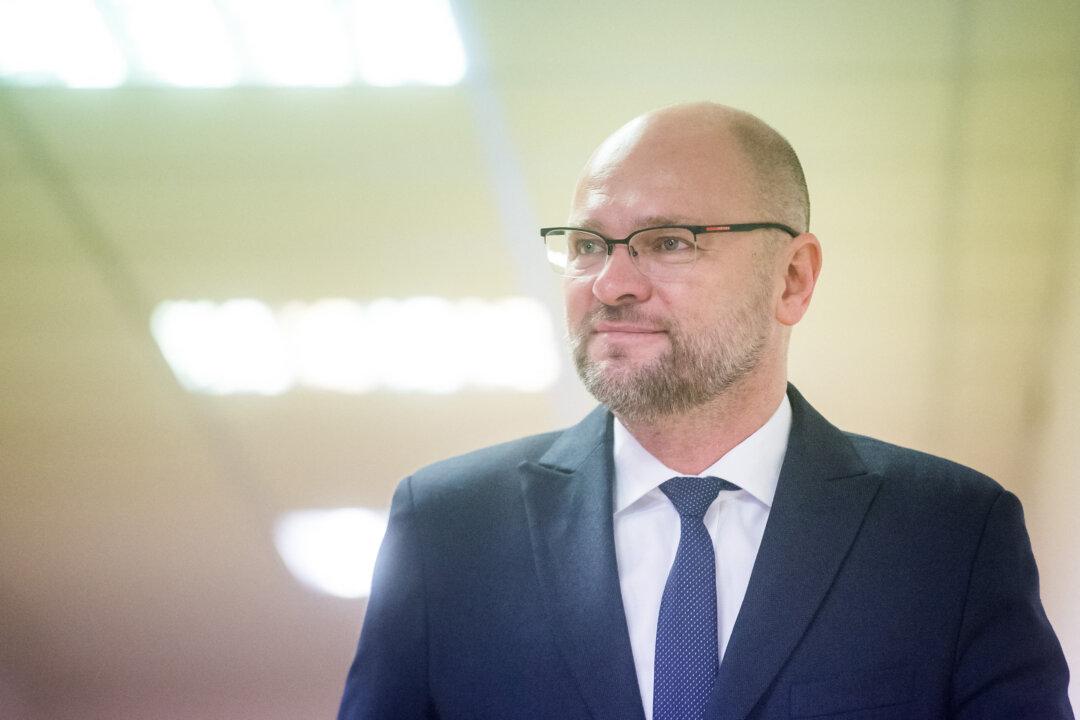Slovak Prime Minister Eduard Heger has stated his country’s insistence on continuing to make energy payments in euros, after a minister of his government suggested that the country would remain open to obliging the Russian government’s demand that energy payments from “unfriendly countries” must be made in the Russian currency.
In a Facebook post, Prime Minister Heger assured readers that Slovakia would proceed in line with the terms of the European Union when purchasing gas from Russia, insisting on the terms of preexisting contracts which stipulate that energy payments will be made in euros.





